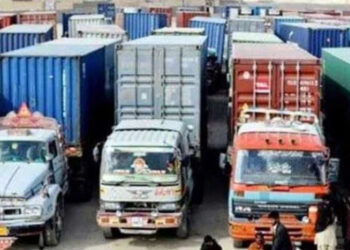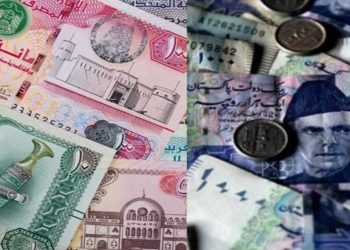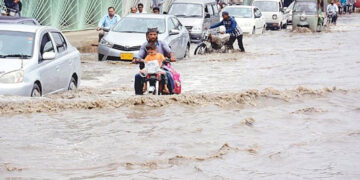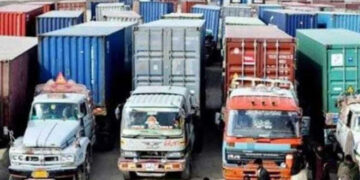The government passed a progressive budget for the fiscal year 2022-23 to bring economic stability amid a severe financial crisis. It is certain the government has attempted to placate its voter base knowing well that tough economic decisions will have a political fallout.
The coalition government has been in power hardly two months, hence the budget is overwhelmingly the performance of the previous PTI regime. Yet, the PML-N government attempted to take full credit saying it has averted a financial crisis and will bring the economy back on track. Finance Minister Miftah Ismail even bashed the PTI government in his budget speech, saying it had incompetent people who presented difference policies every year.
Among the key proposals, the government has increased salaries of government employees by 15%. This was one of the first announcement when Prime Minister Shehbaz Shehbaz assumed power until the finance minister backtracked. The budget for higher education has also been increased after backlash over a massive deduction. Several other proposals have been made to placate various sectors.
Defence expenditures is budgeted at Rs1.5 trillion, which makes up 17.5% of total expenditures and is 11.6% higher than last year. Interest payments or debt services have risen a whopping 29.1% from last year to Rs3.950 billion, making the single largest expenditure accounting for 45.4% of total current expenditure. The country is highly reliant on loans and the figure will certainly rise in coming years.
The budget outlay this year is Rs9,502 billion, almost a trillion rupees higher than last year. Although the government aims to increase revenues, it has raised the bracket for income tax to Rs1.2 million annually. This mean anyone earning less than Rs100,000 per month doesn’t have to pay taxes. The move could lead to drastic decrease in revenue collection. The government has also proposed raising taxes on small traders which will collected in electricity bills.
As part of the austerity drive, the government has slashed fuel quota by nearly 40%, banned foreign trips and imports of luxury items. It needs to be seen if these measures will be implemented in letter and spirit. The GDP growth target has been forecast at 5% which is lower than the current year but the finance minister think high growth is sustainable as it leads to balance of payment crisis.
The government has certainly presented a sugar-coated budget which allays fear that the nation is on the brink of a financial crisis. The government hopes the budget will steer the country out of the economic crisis. It needs to be seen if it will impact the vulnerable segments of society.




























